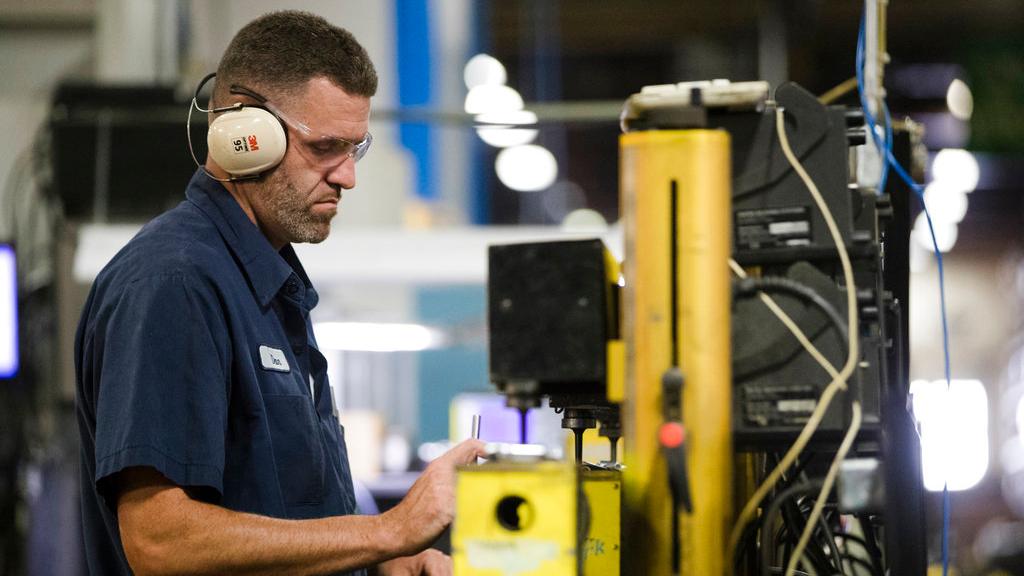US economy slowing, but recession unlikely: UBS Global Wealth Mgmt. Americas CIO
Fears surrounding U.S.-China trade relations and global economic growth spooked investors on Thursday, sending U.S. stocks into a tizzy.
In late morning trade on Thursday, the Dow Jones Industrial Average dropped more than 700 points, putting it in negative territory for the year, after the arrest of Meng Wanzhou – the chief financial officer of Chinese telecom giant Huawei – in Canada, threatened to derail trade negotiations between the U.S. in China.
Although the arrest presents a new dynamic in terms of the U.S.-China tit-for-tat trade conflict, in UBS Americas Chief Investment Officer Mike Ryan’s opinion, the selloff is “exaggerated.”
“I think there’s going to be a lot of back and forth on this,” he told FOX Business’ Stuart Varney on Thursday. “And we are not going to settle it in 90 days.”
Earlier this week top White House economic adviser Larry Kudlow told FOX Business that China’s trade commitments – reached during a truce at the G-20 summit in Buenos Aires – would begin immediately.
“These are private sector purchases where tariff rates will be lowered and also non-tariff barriers will be lowered with respect to American ownership, for example, with respect to technology transfers, with respect to IP,” Kudlow said. “Those things should kick in soon – we should see palpable changes on the Chinese side immediately, to quote [Chinese Vice Premier] Mr. Liu He.”
Fears of a potential economic slowdown also pushed stocks lower. However, Ryan said even though the rate of economic growth is slowing, the chances of a recession are unlikely.
“We are coming into a period where the rate of growth is slowing – it’s moderating,” he said. “But the whole notion about we are now imminently headed for a recession – we don’t envision a recession for 2019 – we just don’t see the imbalances and excesses that normally mark the end of the business cycle.”
Consumer confidence is currently at an 18-year high and Ryan added that the banking sector is also seeing improvements.
“All the things that we look at in terms of the indicators of the health and strength of the economy remain intact; we don’t see anything that says the economy is rolling over.”
U.S. unemployment remains at 3.7 percent, the lowest level in nearly 50 years and U.S. GDP remained at 3.5 percent in the third quarter. The latest jobs report also raises concerns among some investors that strong jobs would give the Federal Reserve incentive to raise interest rates.
According to the Fed’s latest Beige Book survey on regional economic conditions, the U.S. economy grew at a modest to moderate pace in November.
The Fed raised interest rates in September for the third time this year and signaled it would raise borrowing costs again in December.
Ryan also sees some “softening” in some of the interest rate-sensitive sectors, but said it’s not necessarily bad news.
“We are perhaps coming off the boil a bit, which is perhaps some good news because it’s one of the things that can temper the Fed’s approach towards raising rates,” he said.




















